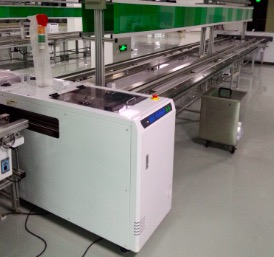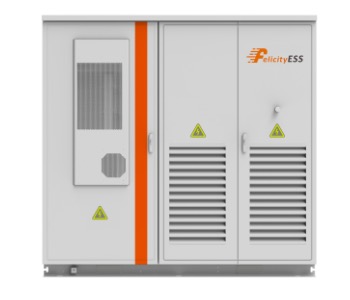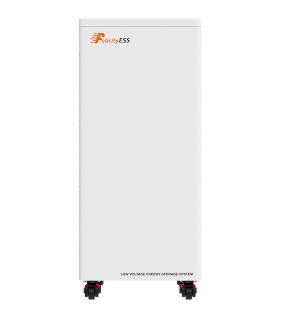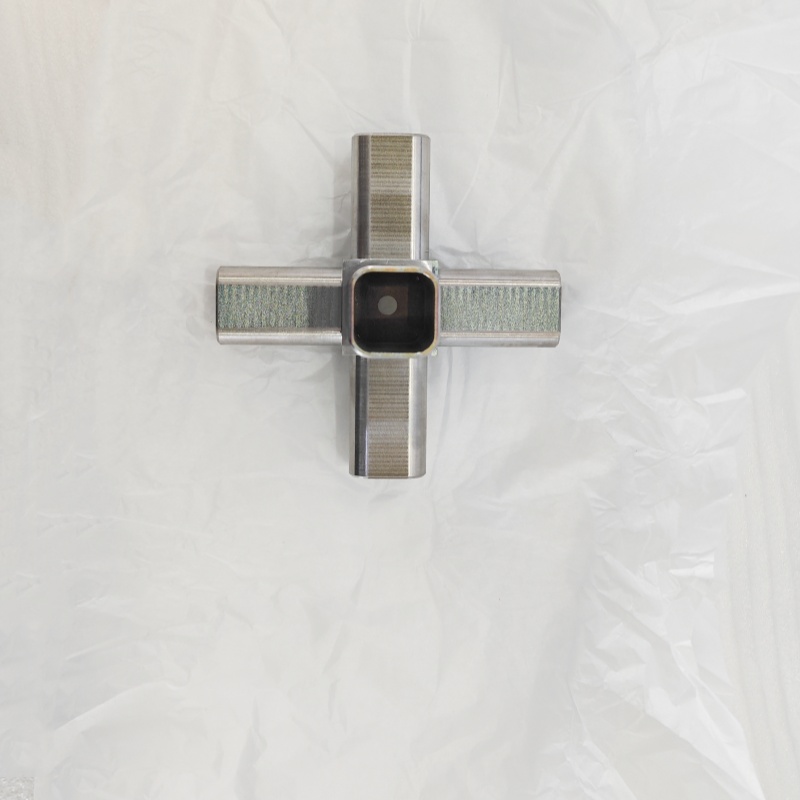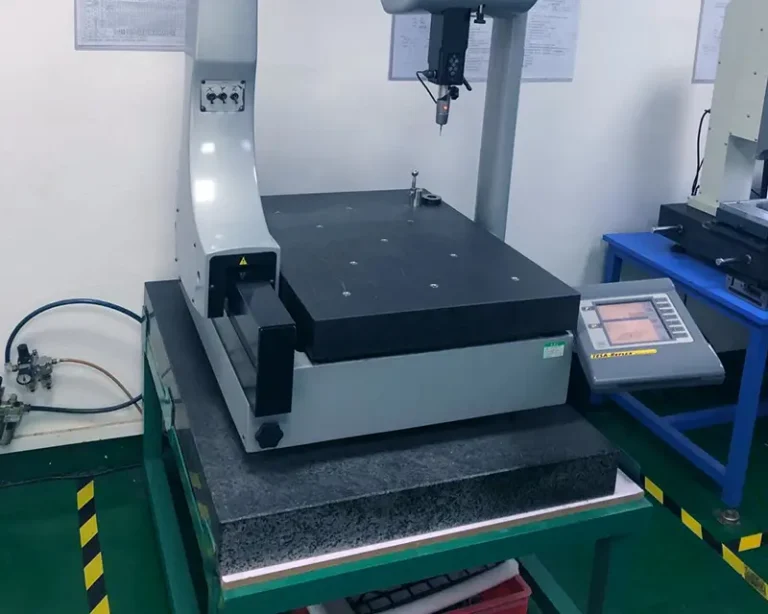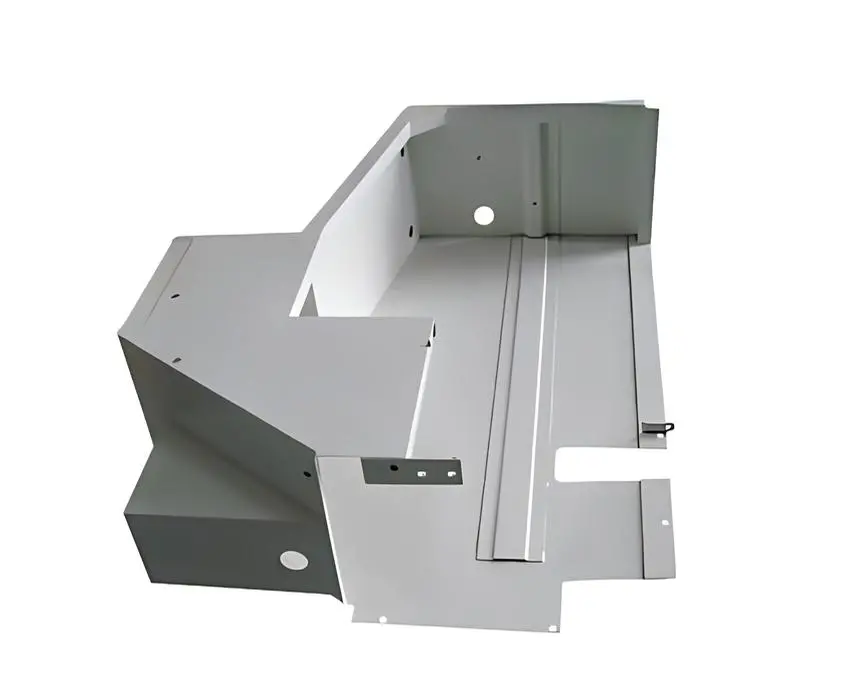目录
Introduction to Lithium Batteries
Lithium batteries have become a cornerstone of energy storage technology, widely used in residential, commercial, and industrial applications. Their high energy density, long lifespan, and efficient charging capabilities make them ideal for powering various systems, from standalone energy storage units to integrated solar and inverter solutions. These batteries come in different capacities, catering to diverse energy demands.
Common Lithium Battery Capacities and Their Applications
Lithium batteries are available in various capacities, each suited for different energy storage needs. Some of the most commonly used capacities include:
- 5kWh to 10kWh – Typically used in small residential backup systems, allowing homeowners to store electricity for short-term use.
- 15kWh – A widely adopted capacity for home and commercial energy storage, balancing power availability with cost-effectiveness.
- 20kWh and above – Primarily used in large-scale commercial and industrial settings, offering extended power supply for high-demand applications.
Why 15kWh is a Popular Capacity Choice
Among various lithium battery capacities, 15kWh is frequently chosen for energy storage systems due to its versatility and efficiency. 15kWh lithium battery offers several advantages:
- Versatile Applications – A 15kWh lithium battery is suitable for a wide range of scenarios, including residential backup systems, small commercial energy storage, and integration with renewable energy setups. It can power essential household appliances, provide emergency backup for businesses, and support off-grid solar energy solutions. This flexibility makes it a popular choice for users with varying energy needs.
- Cost-Effective Solution – Compared to smaller capacities, a 15kWh lithium battery offers a more economical balance between storage capacity and cost. While lower-capacity batteries may require multiple units to meet energy demands, a single 15kWh battery can efficiently handle a broader range of power requirements, reducing overall investment and installation costs.
- Environmentally Friendly – With its optimized energy storage and usage efficiency, a 15kWh lithium battery helps minimize energy waste. By storing excess renewable energy, such as solar power, it reduces reliance on fossil fuels and promotes sustainable energy consumption. This contributes to lower carbon emissions and a reduced environmental footprint.
How to Choose the Right Lithium Battery Capacity
Selecting the appropriate lithium battery capacity depends on several factors, including energy demand, budget, and intended application. Here are key considerations:
- Household Energy Consumption – For small homes with minimal energy usage, a 5kWh to 10kWh battery may be sufficient. If you need to charge new energy vehicles, 15kWh-20kWh would be a better choice.
- Backup vs. Daily Use – If the battery is used primarily for emergency backup, a smaller capacity may suffice.
- Integration with Solar Systems – Homes and businesses using solar energy should consider a battery size that matches their solar panel output to maximize efficiency. A 15kWh capacity is often ideal for mid-sized solar setups.
- Commercial and Industrial Needs – Large-scale operations with high power demands should opt for 20kWh or above to ensure extended energy storage and reliable performance.
By carefully assessing energy needs and usage patterns, users can select the most suitable lithium battery capacity for their specific applications, ensuring optimal performance and cost-efficiency. Additionally, it is important to consider battery lifespan and maintenance requirements. Higher-quality lithium batteries with advanced battery management systems (BMS) can provide longer service life and improved safety. Proper installation and regular monitoring also help maximize efficiency and prolong battery performance, making them a valuable investment for long-term energy storage solutions.
0
